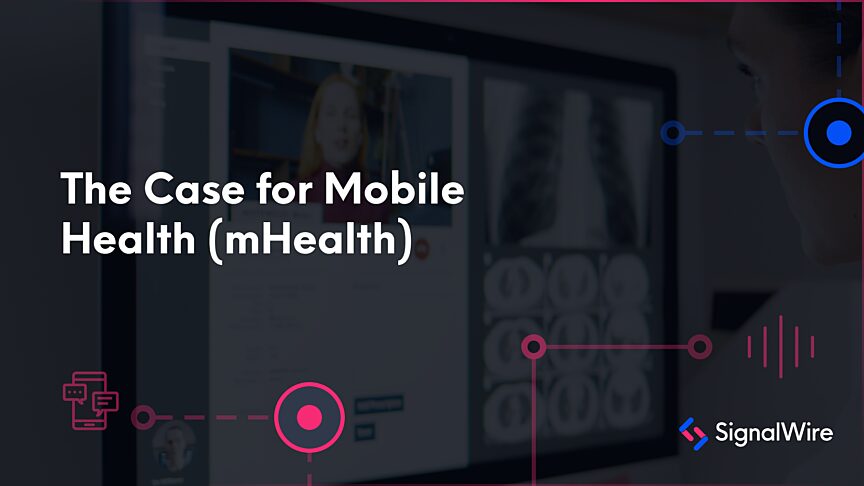For healthcare organizations to continue offering quality care, they have to empower their patients with more information and better technology, according to Elsevier Health’s recent “Clinician of the Future” report.
In the report:
62% of clinicians globally said they believe the role of the clinician will change to be more of a partnership with the patient in the future.
86% of clinicians believe the rise of informed patients is driving healthcare change.
66% agree patients will be more empowered to take care of their own health.
Healthcare organizations must embrace innovative technologies and strategies to provide the best care possible… and retain relevance. To accomplish this difficult task, many healthcare organizations are implementing omnichannel platforms that enhance patient experiences, improve operational efficiency and future-proof their services.
The Power of Omnichannel in Healthcare
An omnichannel platform integrates various communication channels, such as phone, email, chat, social media and mobile apps, into a seamless and cohesive experience for both patients and healthcare providers. It enables organizations to provide consistent, personalized and real-time interactions across multiple touchpoints.
There are several key benefits of implementing an omnichannel platform in a healthcare setting, including:
Enhancing Patient Experiences: In a recent survey from The Beryl Institute, 76% of Americans said they haven’t had a positive patient experience in the past three months, while 60% reported an outright negative healthcare experience.
Adopting an omnichannel approach enables healthcare organizations to offer patients a convenient and personalized experience throughout their healthcare journey. Patients can easily schedule appointments, access medical records, receive reminders and communicate with healthcare providers through their preferred channels.
Improving Operational Efficiency: According to the Centers for Medicare & Medicaid Services, physician and clinical services expenditures grew 5.6% to $864.6 billion in 2021.
An omnichannel platform streamlines administrative processes and eliminates manual tasks, resulting in improved operational efficiency. For example, appointment scheduling and rescheduling can be automated, reducing the burden on staff and minimizing errors. The platform can also integrate with electronic health records (EHR) systems, enabling seamless data transfer and reducing the risk of data duplication.
Streamlining Communication Channels: In a traditional healthcare setup, communication channels are often fragmented, leading to miscommunication and delays that can add significant costs. It’s estimated that the annual total cost of missed healthcare appointments in the U.S. is an astronomical $150 billion.
An omnichannel platform centralizes communication channels, allowing healthcare providers to access and respond to messages from different channels within a single interface. This streamlines communication, reduces response times and enhances care coordination.
Overcoming Implementation Challenges
Implementing an omnichannel platform in a healthcare organization may pose some challenges, like resistance to change among patients and staff, interoperability issues with existing systems, etc. To overcome these challenges, it is essential to have a well-defined implementation plan, involve stakeholders at every stage, provide comprehensive training and address concerns proactively.
Choosing the ideal technology solutions for each channel is indeed a significant choice, but it’s also crucial to consider the importance of integrating these solutions effectively. For an omnichannel platform to be truly effective, data must flow and interact smoothly between each solution. As an added obstacle, the exchange has to be secure and the data protected. This is where HIPAA-compliant messaging APIs, HIPAA-compliant video APIs, and other reliable tools and protocols can help.
SignalWire allows you to leverage secure, scalable APIs to build an advanced, cloud-based healthcare communications platform that can future-proof your organization. If you have any questions, contact sales or join our community.
